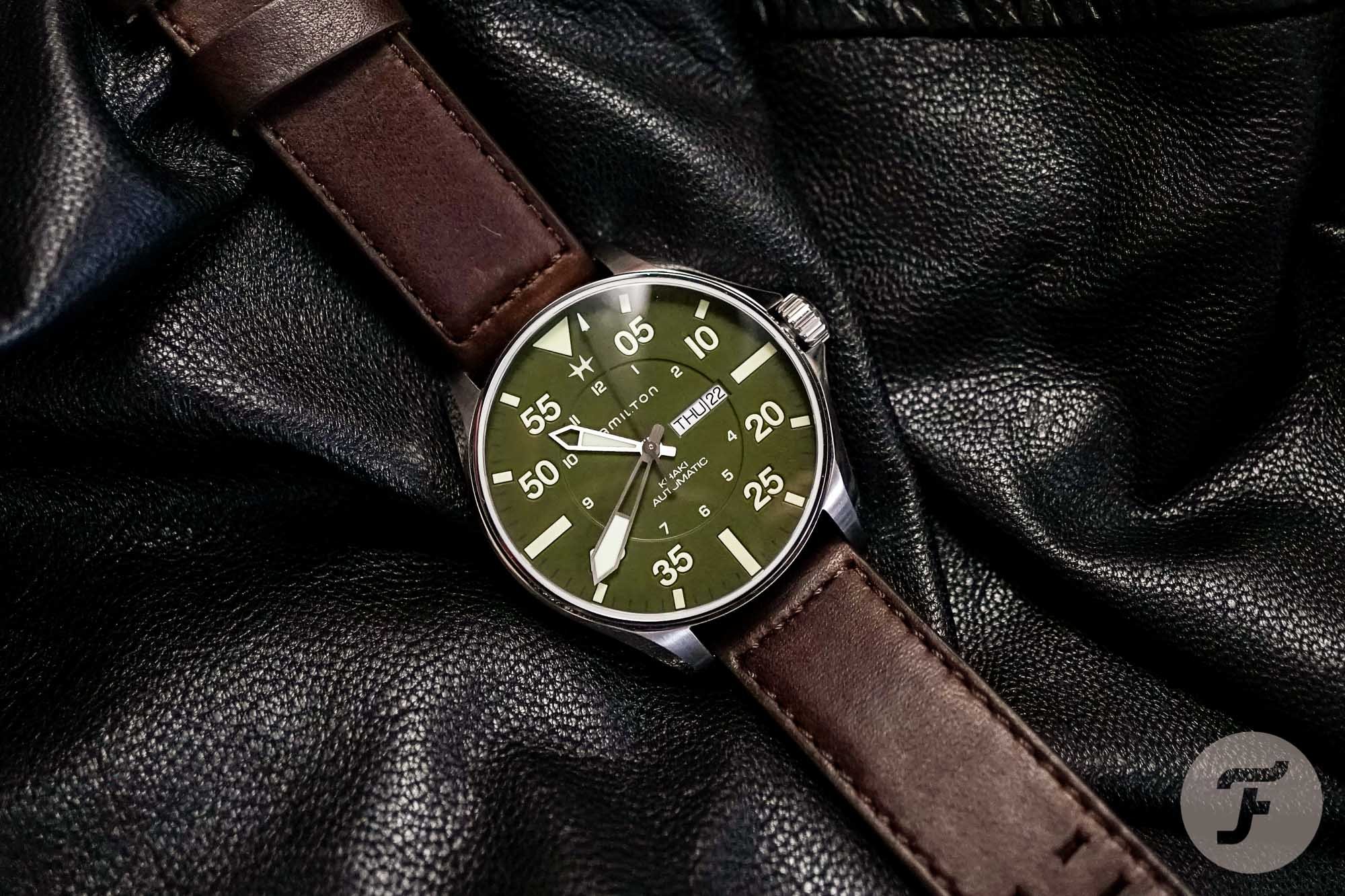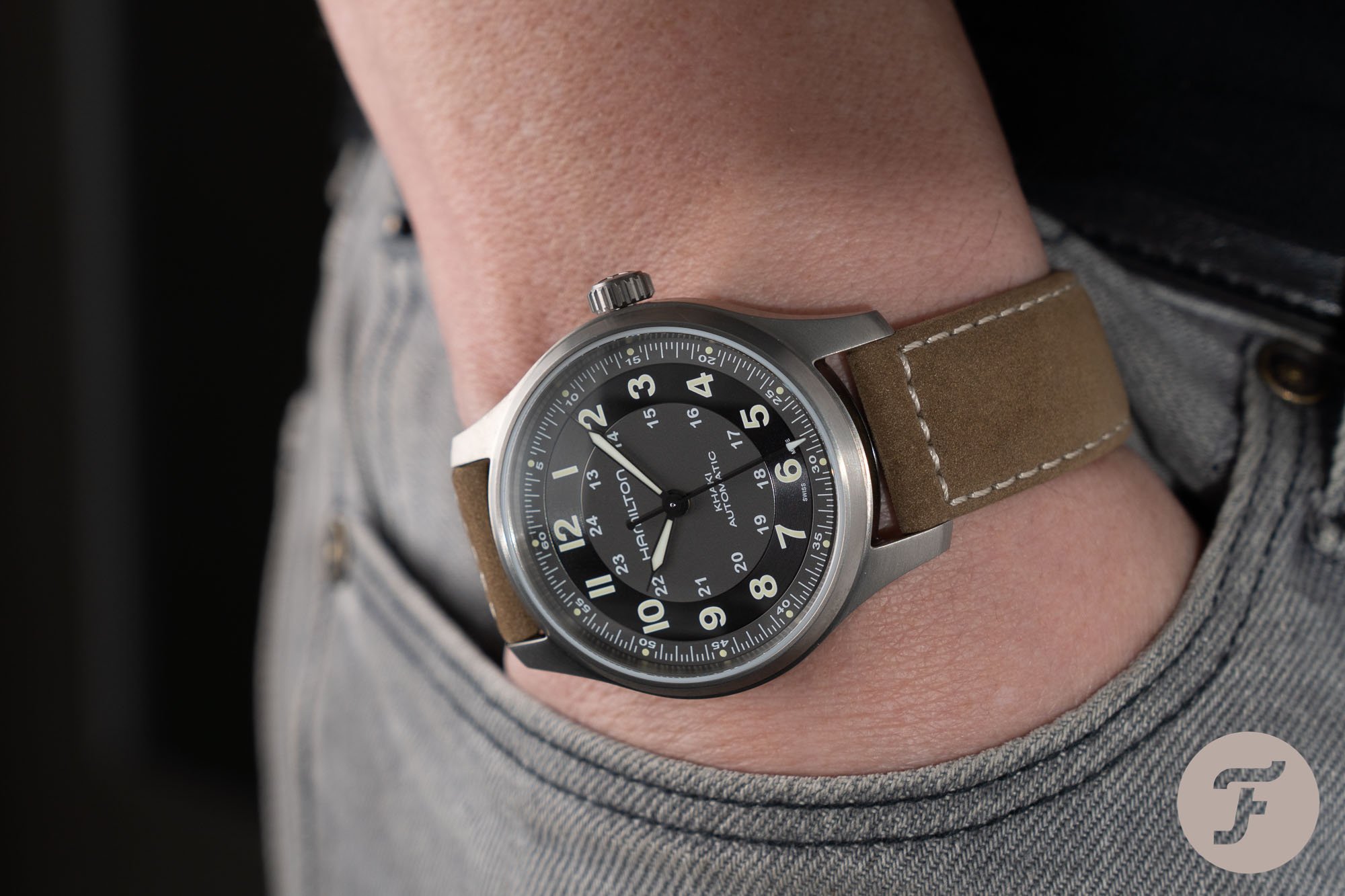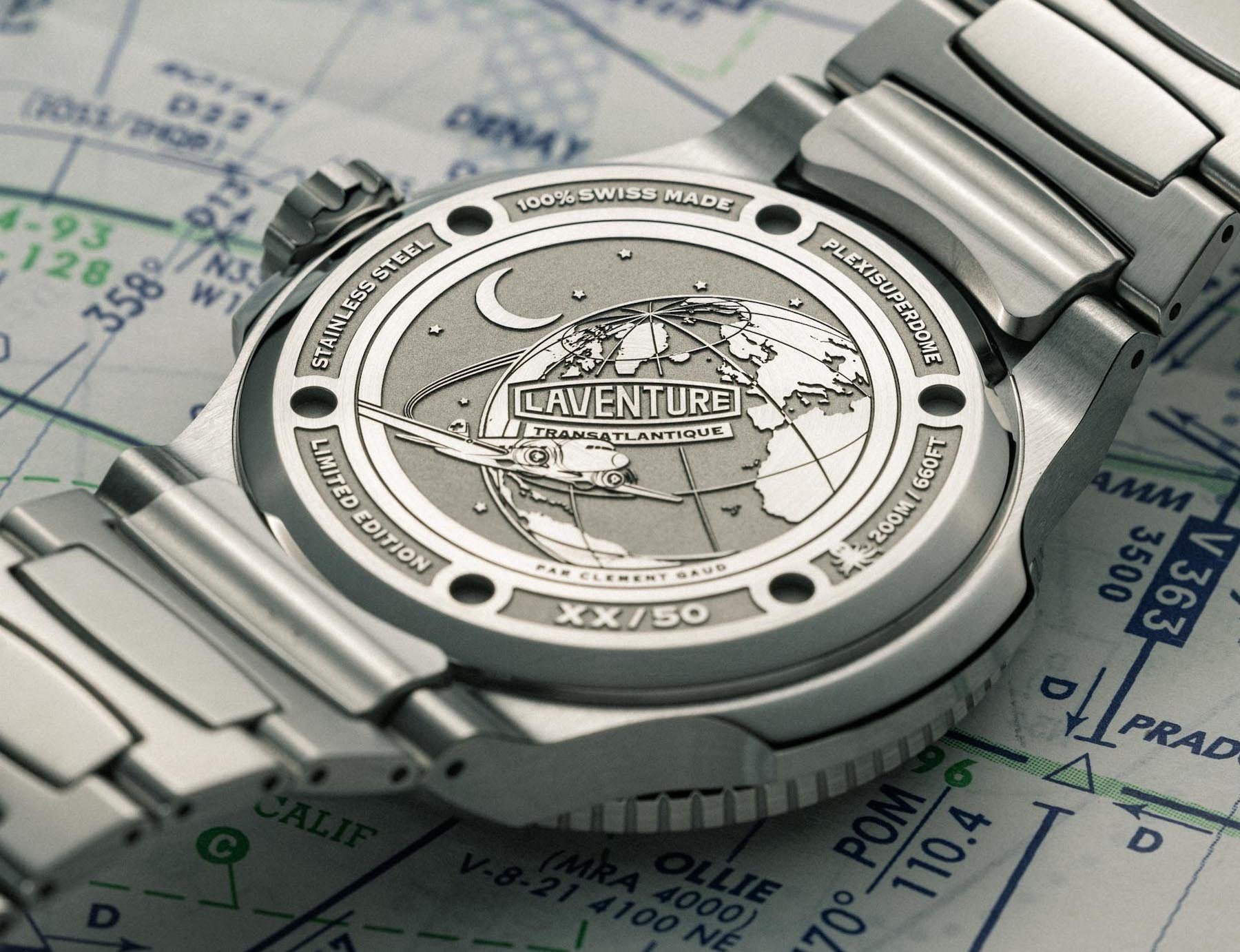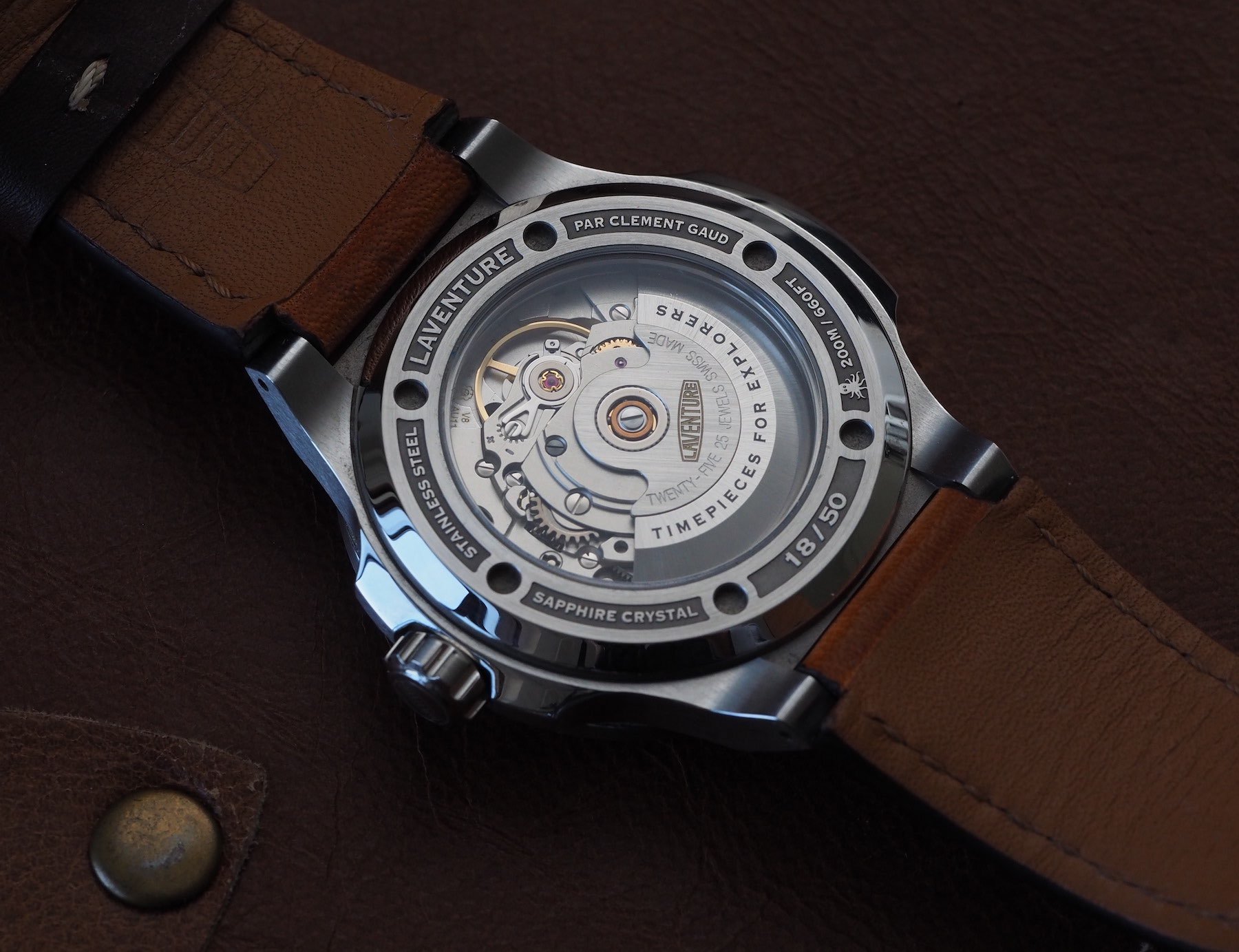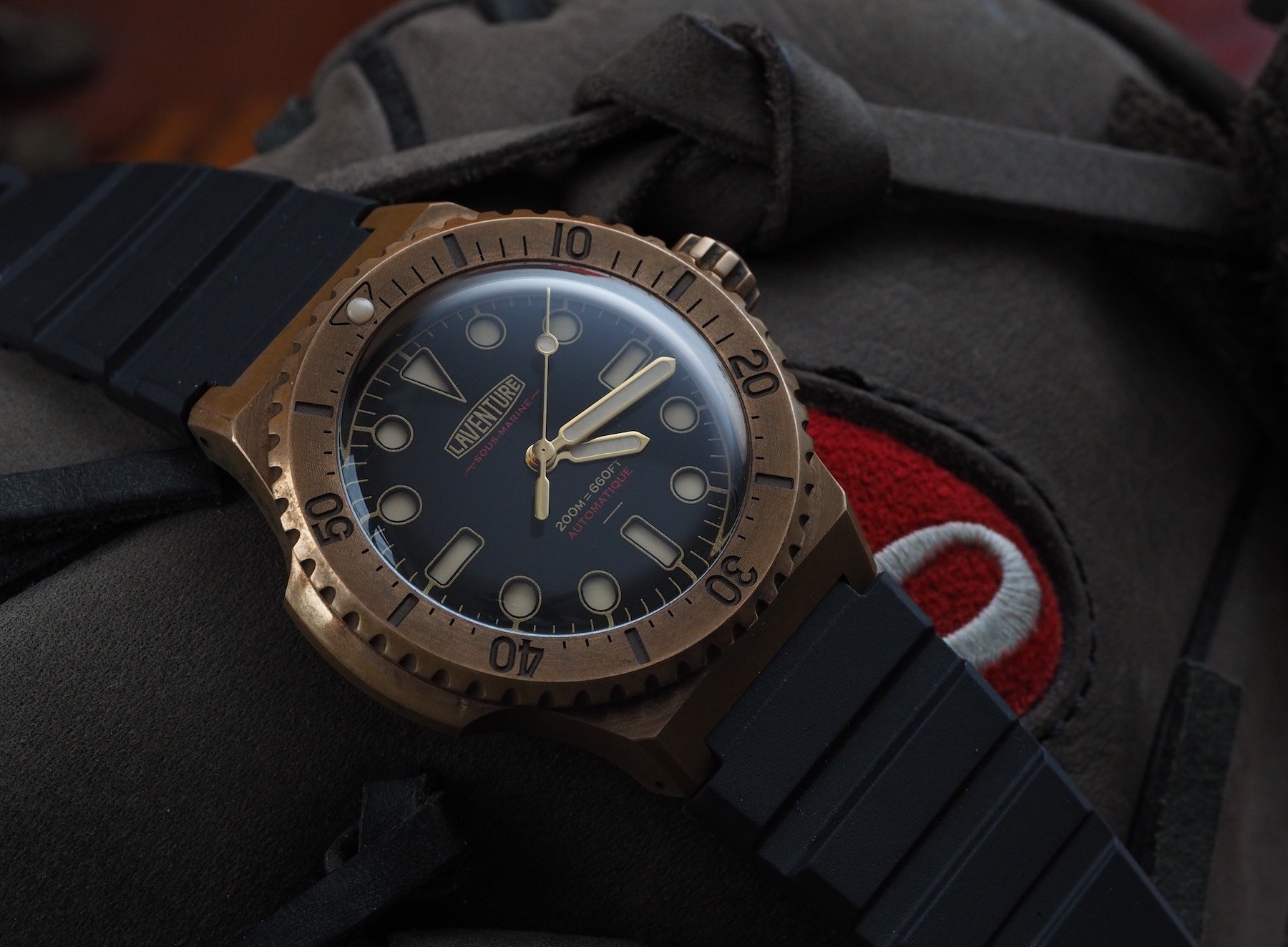You Asked Us: What Are The Challenges Of Watch Reviewing?
If you’ve ever been dubbed an expert in a particular field, you’ll understand the kind of pressure that comes with the title. A desire to do well for those who look up to your apparent position of influence, who wish to feast upon your assumedly limitless knowledge and experience, and who hope to find you completely and utterly infallible when put to the test comes with the territory. Getting the chance to review luxury watches is a treat, but it is not without its frustrations…
Regrettably, with a few less-than-certain exceptions, we are all human. And while it is certainly possible to be an expert in a relative sense of the word, an industry like watchmaking, with its multi-disciplined nature, multiple “official” languages, and tomes of reference numbers that no one could feasibly commit to memory, it is easy to be found wanting on occasion.
To analyze timepieces in context
A gap in one’s knowledge by no means makes the position of expert invalid. In fact, it is one of the great beauties of our industry that it is so complex. Amassing a genuinely encyclopedic knowledge of a single brand is enough to consume an entire career. The best most of us can hope for is to find ourselves, after years of study, travel, and good time spent with our peers, with a solid enough overview of everything that is, was, and may soon come to pass to stand toe-to-toe with anyone and have a sensible, informed discussion.
…not everyone reading your articles shares that same experience.
As a watch reviewer, your task is to take this bank of hands-on experience and use it to analyze timepieces in context. And while that sounds simple enough, the major problem faced by many reviewers (especially those writing online who have direct engagement with their readership) is that not everyone reading your articles shares that same experience. After all, everyone’s individual experience of everything is different, even for those who have walked the same road.
Trusted resources
It may seem obvious to the more level-headed watch lover that the people working in these positions (those who have been there a while, at least) are able to do what they do for a living because they are at least halfway decent at it. And although the advent of the internet blog means anyone can have a presence and a voice, the reality is there are relatively few trusted online resources for the watch industry, and these esteemed outlets have already proven themselves able to ride out the ripples in this squally sea. Why? Because the men and women writing for them are writing for them for a reason. They are historians. They are watchmakers. Or, at the very least, they are seasoned fans, collectors, perhaps, and in possession of a passion that separates them from the pack.
…the established order.
But communicating exactly why something is good, or in some way “better” than something else is hard. It doesn’t matter so much how competent your language skills are. The challenge is in convincing a very knowledgable readership of something that doesn’t “fit” with the established order.
A relative concept
Everyone has their own idea of value. Some see it as an absolute benchmark (for example, under €1,000). Others see it as a relative concept. I think, when it comes to watch reviewing, the latter is by far the more useful attitude. But expressing why a watch that costs €5,000 is literally better value than a watch that costs €500 is not easy. In fact, given how deeply some of watchmaking’s most persistent “truths” are held, it can be downright impossible.
We have the opportunity to feel the difference between one watch and another.
Those of us that get to review watches have a couple of massive advantages. The biggest of which? Our access to products. We, unlike the majority of watch lovers, are lucky enough to handle new watches. We get to hold them. They live on our wrists for a few days or weeks, often before they go on sale. We have the opportunity to feel the difference between one watch and another. And yet despite this insight, it still comes across as earth-shattering when we express an opinion that goes against commonly held beliefs.
An untested brand
To illustrate this, I want to use an example from my own back catalog. As an avid microbrand enthusiast, I frequently trawl Kickstarter looking for exciting projects to back. In 2017, I came across a series of watches from Swiss brand Laventure. The watch was called the Marine. It had a Kickstarter price of about €1,500 plus taxes. That’s not a small amount of money to spend on an untested product from a brand with no provenance. The best you can realistically hope for in that situation is a great product. It is unlikely to appreciate in value. It almost certainly won’t garner any recognition or provide a status boost. This kind of purchase is for the individual. It is for the gambler. It is for the true lover of novelty.
This one was different.
So I backed the project, waited a few months, and got the Marine on my wrist early 2018. I’ve handled hundreds of watches, probably thousands by now. I’ve worked on just as many. I spent a year refinishing cases and bracelets for Omega so I have a decent working knowledge of how cases are decorated. I’ve had countless, affordable Kickstarter watches pass through my hands. This one was different. But with the price set way above plenty of well-established entry-level luxury brands, I knew convincing people was going to be a stretch.
Value
I wrote extensively about this watch and its follow-up, the Sous-Marine. Unsurprisingly, I was effusively positive. So positive, in fact, that I was accused on more than one occasion of having been bribed. My reviews were frequently called out as paid content (they weren’t). Many readers balked at the price and my assertion that it was “worth it”. And, on a personal note, I must say this really upset me. It upset me partly because my feelings were genuine. Also, because I’d hoped that after years of writing about watches and working on them, I would be universally trusted (which is never going to happen). But what really upset me, was the fact I felt I was letting the product down.
The simple answer is class.
The Marine was frequently pitted against another sports watch powered by an ETA 2824-2 or Sellita equivalent that retailed for a quarter of the price and I was asked to explain how on Earth the pricier watch in this head-to-head could possibly be a “better” value proposition? The simple answer is class. A lot of €500 watches are trash. Their cases are often cheap, with buttery edges, rushed machining, and ham-handed finishing. The Laventure may house nothing more impressive than a perfectly respectable ETA 2824-2, but it houses it in style, with a case that matches or exceeds the machining and finish of many watches twice the price.
Does Rob Nudds dream of mechanical sheep?
I feel genuinely passionate about good watches. This isn’t a hobby for me and many like me. It is a way of life. I eat, breathe, and sleep watches. In my dreams, I float through movements. I often awake in a pool of cold sweat having had an epiphany. Suddenly, I know how something works or how it could be improved. I think in three-dimensions and, in some ways more than my ability to connect to other humans, I feel connected to these weird little trinkets to which I’ve dedicated my life and study.
…I want to sing about it from the rooftops.
And when something that blows my mind comes along, I want to sing about it from the rooftops. I want to review these watches till the cows come home. This was the case with my beloved Laventure watches. Of course, I do not expect everyone (or even a majority) to have the same philosophy when it comes to buying watches as I do, but I feel it would be a disservice to my passion if I didn’t push that philosophy openly.
My philosophy
To me, watches are art. I buy, collect, and wear them because they give me pleasure. I do not hope to sell my collection for a profit. In fact, I don’t think I have ever — bar one exception — bought a watch to sell. Sometimes, when I am feeling poorer than I’d like, I wish I could cash in my entire collection for the price I paid for it. But without it, I would be bereft. The thought literally pains me. I’m sure there are many other maladjusted weirdos like me reading this. To you, I say this: you are not alone.
…a noble profession.
And so when I, and many other watch reviewers, appear irrationally excited about something, I would hope we’d be given the benefit of the doubt. Some, of course, have agendas. Some are paid. But most of the men and women working for the major horological news outlets in the world just want to share.
They want you to feel the way they do. For that reason, as trivial as the whole pursuit may be, I think it is a noble profession. Spreading joy in this world should never be derided. And I hope we at Fratello are able to bring a little bit of joy to your lives with our takes on these ticking treasures we all mutually adore. Let us know your feelings and own personal watch philosophies in the comments below. What kind of watch review do you prefer? What kind of watch review would like to see more/less of? Why do you buy watches? And, perhaps most importantly, what’s next on your list?
Follow me on Instagram @robnudds


